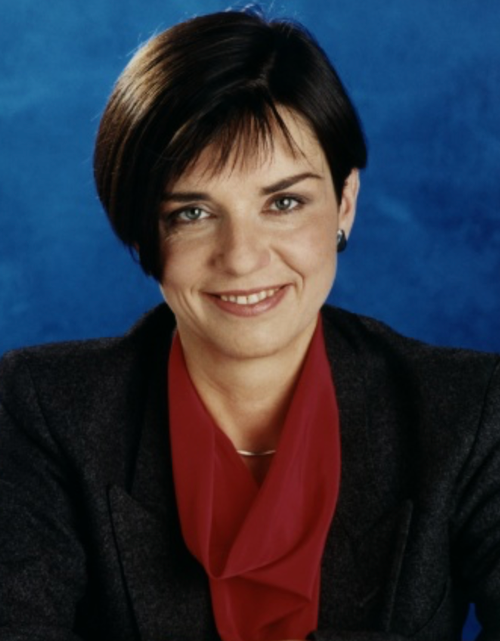ESAAT
ABOUT US
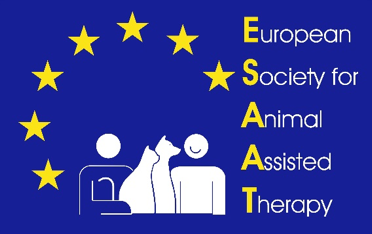
Board
ESAAT Members
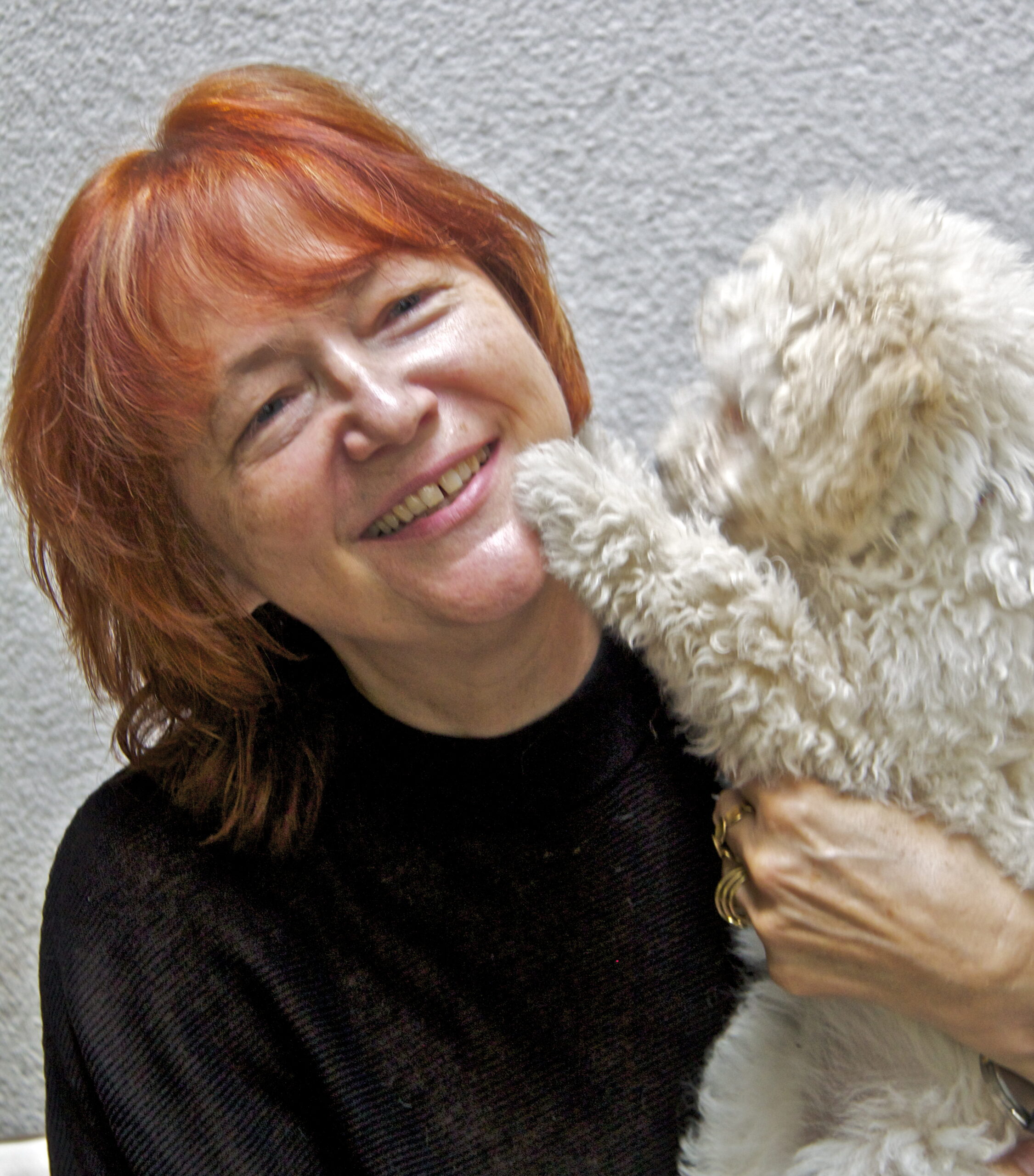
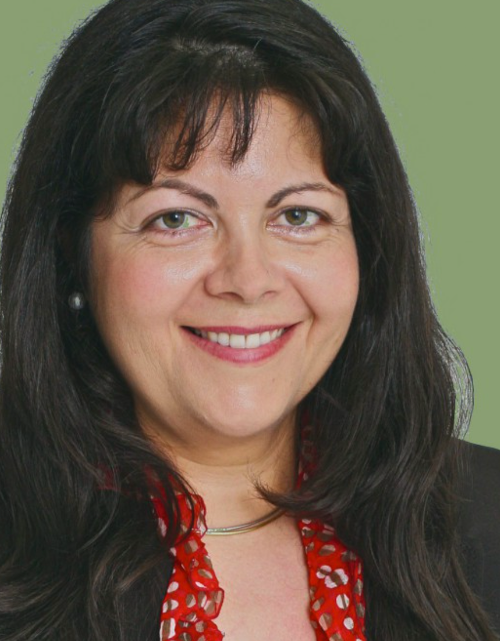

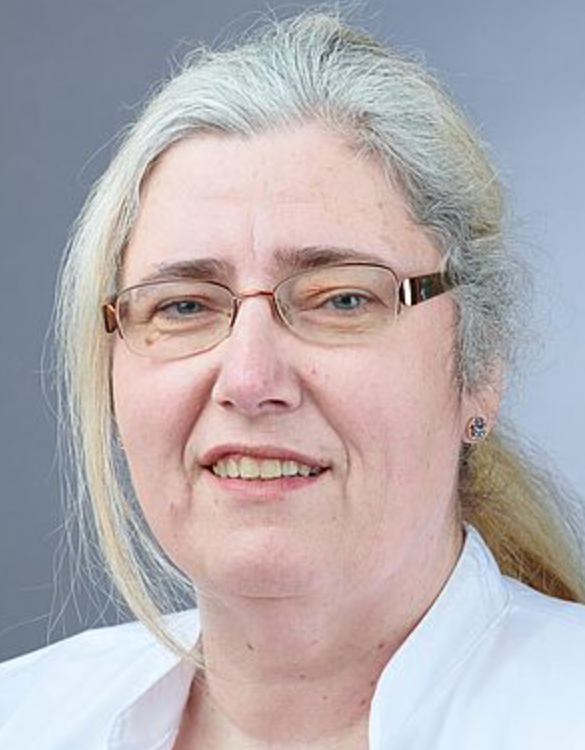
What drives us?
ESAAT – European Society for Animal Assisted Therapy is the first and most important interdisciplinary and multi-professional organization whose main task is to accredit education and training in the field of animal-assisted interventions.
ESAAT, as a registered association with headquarters in Vienna, is networked with national and European institutions, which have also focused on animal-assisted intervention work.
The aim and purpose of ESAAT is to carry out accreditations of training and further education in the field of animal-assisted interventions in the European area in order to ensure the sustainable quality of the training and further education concepts of local institutions throughout Europe, to create transparency and to promote the acceptance of joint training and further education.
Only ESAAT accredited training institutions can carry the ESAAT logo and are entitled to mention accreditation on the jewils local graduation and training certificates.
Human and human/animal partner teams trained by institutions certified by ESAAT are to be officially and permanently recognized as specialists in animal-assisted interventions in their respective professional fields in the further course of animal-assisted activity.
Message from the Board of ESAAT
ESAAT would like to promote the topic of animal-assisted intervention in an interdisciplinary manner and make a contribution to guaranteeing quality and sustainability in difficult times shaped by the Covid pandemic and making it transparent as well as comparable.
The current instrument to achieve this is the acceding of Europe-wide training in animal-assisted intervention according to the same and comparable standards.
The work done in recent decades in the sense of common standards and the awareness of working uniformly is to be further advanced in the coming years. The exciting road to Europe, even if it is rocky and difficult, is so predetermined. ESAAT will do everything to promote and promote quality and sustainability in animal-assisted intervention.
A particular challenge is the inclusion of European countries outside the German-speaking world. We also expect that it will be necessary to extend the accreditation offer to new forms of training, whereby the great claim is not to neglect the quality requirements in difficult and uncertain times.
We rely on the input of science in cooperation with the persons and institutions in practice in order to form and develop a new whole in animal-assisted intervention.
Regardless of state influence and politics, we hope to find the right way to successfully and sustainably develop our topic throughout Europe.
Helga Widder
Helga Widder, President



